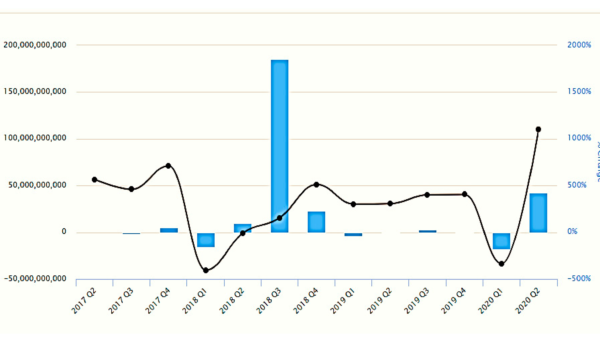With the rise of the gig economy, more and more people are embracing the flexibility and freedom that comes with working as independent contractors or freelancers. While this new way of working offers many advantages, it also presents unique challenges when it comes to managing finances and navigating multiple income streams. In this blog post, we will explore some strategies for effectively managing your finances in the gig economy.
1. Create a Budget
One of the first steps in managing your finances as a gig worker is to create a budget. This will help you understand your income and expenses, and allow you to make informed decisions about your spending and saving habits. Start by tracking your income from all your gig jobs, and then categorize your expenses into different categories such as rent, utilities, transportation, and groceries. This will give you a clear picture of where your money is going and help you identify areas where you can cut back.
2. Set Aside Taxes
Unlike traditional employees, gig workers are responsible for paying their own taxes. It’s important to set aside a portion of your income for taxes throughout the year, so you’re not hit with a large tax bill at the end of the year. Consult with a tax professional to understand your tax obligations and ensure you’re setting aside the correct amount.
3. Diversify Your Income
One of the benefits of working in the gig economy is the ability to have multiple income streams. While this can provide financial stability, it’s important to diversify your income sources to reduce the risk of relying too heavily on one client or platform. Consider taking on gigs from different industries or platforms to ensure a steady stream of income even if one source dries up.
4. Save for Emergencies
As a gig worker, you don’t have the same safety net as traditional employees. It’s important to build an emergency fund to cover unexpected expenses or periods of low income. Aim to save at least three to six months’ worth of living expenses in an easily accessible savings account.
5. Plan for Retirement
Retirement planning is often overlooked by gig workers, but it’s essential to start saving for your future. Consider opening an individual retirement account (IRA) or a solo 401(k) to take advantage of tax benefits and ensure a comfortable retirement.
6. Keep Track of Expenses
As a gig worker, you may be eligible for certain tax deductions related to your business expenses. Keep track of all your business-related expenses, such as mileage, equipment, and professional development courses. This will help you maximize your deductions and reduce your tax liability.
7. Seek Professional Advice
Managing finances in the gig economy can be complex, especially when it comes to taxes and retirement planning. Consider seeking advice from a financial advisor or accountant who specializes in working with gig workers. They can provide guidance tailored to your specific situation and help you make the most of your income.
In conclusion, financial management in the gig economy requires careful planning and organization. By creating a budget, setting aside taxes, diversifying your income, saving for emergencies and retirement, keeping track of expenses, and seeking professional advice, you can navigate the challenges of managing multiple income streams and achieve financial stability in the gig economy.






























